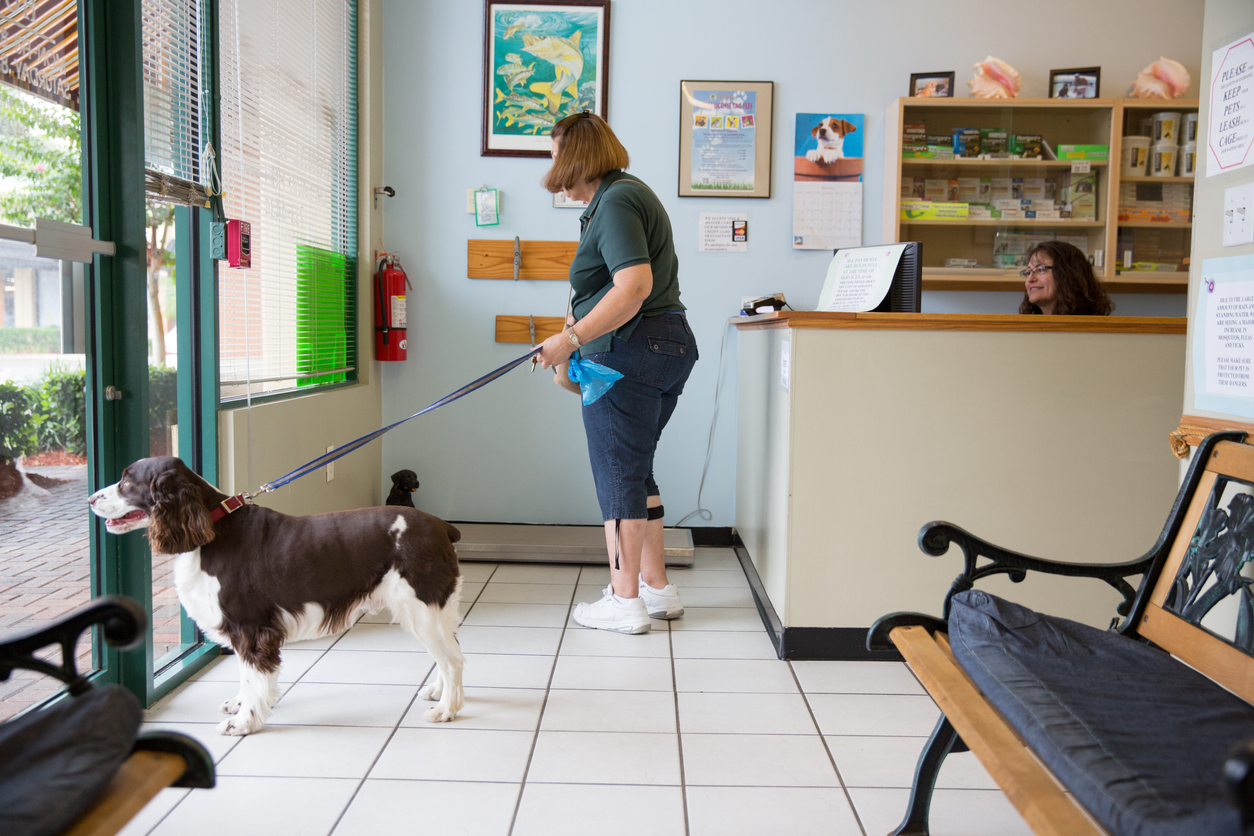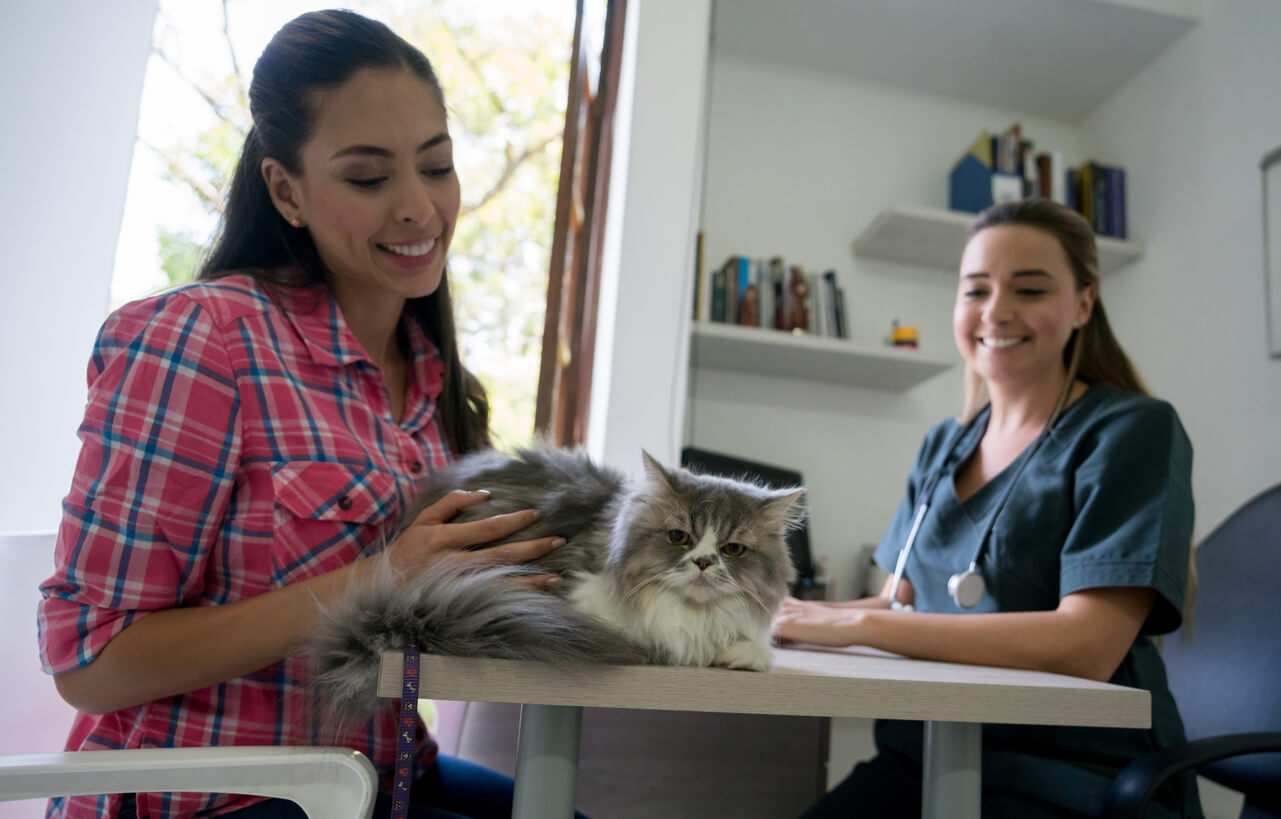A veterinary practice can be a highly emotional environment. This is understandable; after all, veterinarians treat people’s beloved pets—often under less-than-ideal circumstances. Therefore, as a veterinary practice owner, you must be prepared to deal with challenging situations. In this article, we provide tips for dealing with difficult clients at your veterinary practice.
Remain Calm
The first thing to do when dealing with a difficult client is to remain calm. Although this may be easier said than done, remaining calm can help ensure that things don’t escalate further. If you allow yourself to become angry, the odds of a successful resolution of the problem significantly decline. One way to remain calm when dealing with an angry client is to remember that his or her anger is likely coming from a place of concern for his or her pet.
Listen
It’s normal to become defensive when dealing with a difficult client, especially if he or she is personally attacking you or your practice. However, by allowing the client to vent—and actually listening to what he or she has to say—you’ll be much better equipped to address his or her problem.
Don’t Take it Personally
As a practice owner, it can be difficult to listen to someone criticize you, your practice, or your staff. However, as noted above, you must keep in mind that upset clients are often highly emotional due to issues involving their pets. Therefore, you should do your best not to take the criticism personally. In fact, when you do your best to address an upset client’s concerns, he or she will likely appreciate the effort and may even apologize for his or her behavior.
Remain Compassionate
As noted above, difficult clients are usually upset due to an issue involving a beloved pet. Therefore, you should always remain compassionate—even when a client is irate. After all, your clients entrust you with their pets, and they expect you to provide them with excellent care. So, even if your client is in the wrong, remember that he or she is ultimately acting out of deep concern for a pet.
Try to Identify and Solve the Problem
Finally, when a client is being difficult, you should do your best to attempt to identify and solve his or her problem. Sometimes, this involves looking beyond what the client is saying and doing. For example, a client who is complaining about a small issue, such as a minor billing discrepancy, may actually be doing so out of concern for his or her pet. Regardless, by doing your best to address your clients’ concerns, you will demonstrate that you actually care about making them happy, and you will increase your odds of retaining their business.
Contact Our Experienced Veterinary Lawyers
At Mahan Law, we can help you address the challenges of running a veterinary practice. Regardless of your unique needs, our talented attorneys have the knowledge and experience necessary to assist you. At Mahan Law, we are seasoned veterans of the veterinary industry, and we can help you address your issues—whatever they may be. Please contact us to arrange an initial consultation with one of our experienced attorneys.










